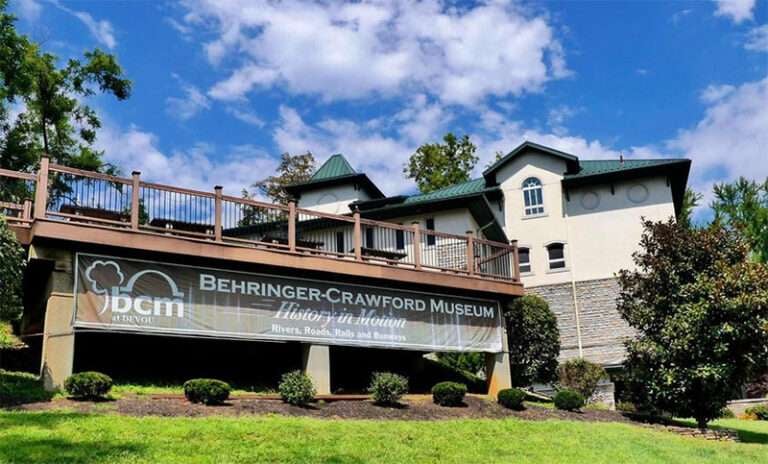“I signed this measure with a deep sense of pride that the United States is an open society in which the people’s right to know is cherished and guarded.”
Lyndon B. Johnson, Statement by the President Upon Signing the “Freedom of Information Act,” July 4, 1966
Thanks to the candor of his press secretary, Bill Moyers, we now know that President Lyndon Johnson resisted — even on the day he reluctantly affixed his signature to it — the federal Freedom of Information Act. We know that the hero of the story, Utah’s Representative John Moss, fought for twelve years “against his elders in Congress” — to secure enactment of the legislation intended to shine a light into “the dark corridors of power” and that he might never have succeeded but for the intervention of a group of newspapers editors.
We know that, over time, laws emanating from the Freedom of Information Act — and drawing inspiration from the Freedom of Information Act — were enacted in every state. Some were strong and some weak. Each state’s was uniquely its own.

A crisis in public trust
We know that in Kentucky, a crisis in public trust — precipitated by duplicity at the highest levels of national government associated with an extended “conflict” in Southeast Asia and a scandal in the White House — prompted state lawmakers to enact open government laws in the Commonwealth.
Two years would elapse between the enactment of Kentucky’s open meetings law in 1974 and its open records law in 1976. Then-Governor Wendell Ford vetoed the open records component of the law in 1974. Ford expressed concern about the need for protection of student education records and records relating to economic development.
Two years later, a widely esteemed Kentucky lawmaker, Danville Representative Joe Clarke, shepherded his open records bill to passage, declaring “The bill has grown out of the frustration that citizens feel when — after participating in the process of electing a representative government — elected officials act as if the government belongs to them rather than the people.”
We know thanks to a culture that has come to expect, accept, and even welcome — warts and all — the unvarnished truth rather than “the official view of reality.”
Too often, acceptance yields to complacency and the illusion that our laws are immutable. Every legislative session in virtually every corner of the United States brings new legislative assaults as state open records and open meetings laws come under attacks. Here, and across the country, public records and public meetings laws are being steadily eroded by the local descendants of those in Congress who insist we should be satisfied with the “official narrative” and who blink when sunlight illuminates the dark corridors of power.
In a January 2022 editorial, the right-leaning Bowling Green Daily News opined:
“With increasing exasperation, we write yet again to decry the seemingly endless pursuit of Kentucky Republicans to mock the concept of public transparency, to weaken the press, and to generally disregard basic freedoms afforded by the First Amendment.
“A preponderance of the evidence suggests many Republicans have become so intolerant of scrutiny and accountability that they are willing to legislate against transparency and the First Amendment. Considering how often Republicans rant about being mistreated by the ‘liberal media’ or the ‘fake news,’ it’s pretty obvious what they’re really trying to achieve: a codified way to evade watchdogs, both in the press and the general public.”
Our “society in which the people’s right to know is cherished” is no longer ensured protection. In various forms, and under various pretexts, it is under siege.
It is for us, now, to defend those laws against an emerging culture that, like President Johnson, hates the idea of anyone “challenging the official view of reality.”
Brace yourself, Kentucky. We may have emerged from the 2023 Regular Session relatively unscathed (two new exceptions to the open records law), but a long legislative session looms ahead — just six short months away. We must prepare to do a little “kicking and screaming” of our own to defend open government in Kentucky and the laws that secure the public’s right to know.
And for those who embrace truth and share in Lord Mansfield’s belief that justice must be done, “though the heavens fall,” I say that we really should declare “Happy Independence Day.”

















